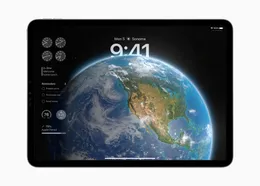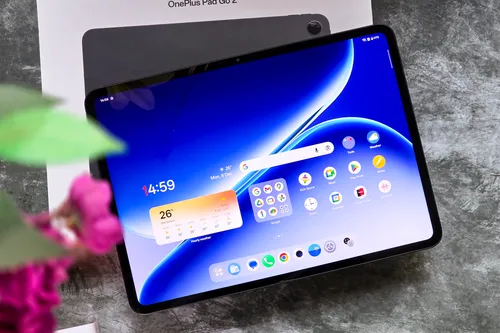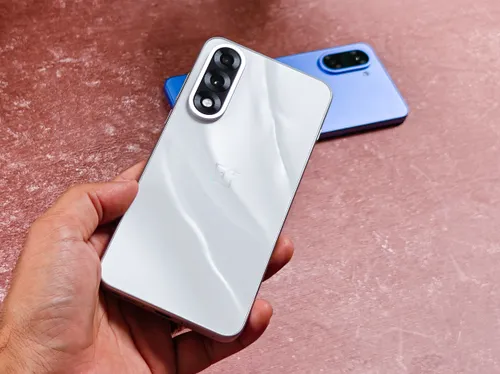
Samsung confirms the Galaxy Z Flip 5 and Fold 5 launch: Because unfolding phones normally was just too boring!
Because regular phones are too mainstream, let's complicate things by folding and unfolding like origami ninjas. Brace yourselves for the folding frenzy with the upcoming Samsung Galaxy Z Flip 5 and Fold 5!

Apple's nudie-blocking crusade: Protecting your virgin eyes since whenever
Apple rides in on their censorship horse, armed with the Sensitive Content Warning. Shielding us from accidental nudity, they promise not to peek. Who needs privacy when you have a tech giant playing moral police? Thank you, Apple, for preserving our innocence!

Meet ANDI, the sweaty superhero: Saving the world one sweat drop at a time!
Move over, Olympians! ANDI, the profusely sweating robot, is here to show you how it's done. With its internal cooling system and heavy breathing skills, ANDI is the ultimate hot weather champion. Who needs humans when we have a sweaty android to save the day?

iOS 17 and iPadOS 17 beta 1: The Wacky Wonderland of Digital Delights!
Hold onto your digital hats, folks! iOS 17 and iPadOS 17 have crash-landed like a UFO full of quirky updates. Get ready for Siri's stand-up career, Animojis on a sugar rush, and a wild safari with time-travelling browsing. Buckle up, and it's gonna be a pixel-packed joyride!

The MacBook Air and its ugly notch now come in a 15-inch flavor
Apple says you need a 15-inch MacBook Air in your life. After all, what’s better than a laptop that starts at Rs. 1,34,900 and only offers two USB-C ports? But hey, at least there are six speakers to drown your financial hit with death metal songs.
Google Search could be smothering your creativity
A Carnegie Mellon University study reveals starting your brainstorming process with Google can be detrimental to the group's creativity.
Teams relying much on search engines often produced inundatingly same, less original ideas due to a cognitive bias called "fixation effect," where seeing popular answers converges our thought process instead of diverging it.

While individuals weren't necessarily dumber with Google, groups of Google users seemed to get stuck in a rut, often coming up with the same common ideas, sometimes even in the same order! Talk about a copy-and-paste creativity crisis.
"This appears to be due to the fact that Google users came up with the same common answers, often in the same order, as they relied on Google, while non-Google users came up with more distinct answers," explained lead author Danny Oppenheimer.
EDITORS' PICKS



